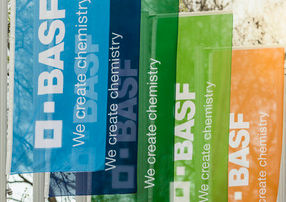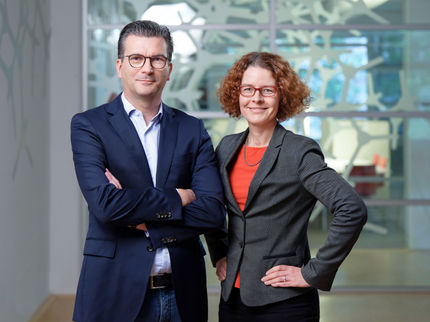BASF expands global PGM refining capacity, further driving circular economy business
Advertisement
BASF announced the expansion of its Seneca, South Carolina, USA, Platinum Group Metals (PGM) refining facility. The company will invest double-digit millions in capital improvements to increase refining capacity to recycle precious metals from spent catalysts such as automotive catalytic converters. Recycled metal has as much as 90% lower CO2 emissions than metal from primary mines. By recovering the precious metals for reuse in fresh catalysts BASF closes the loop with circular economy solutions.

BASF SE
“This investment further strengthens our global leadership position in the spent automotive catalyst recycling market,” said Tim Ingle, Vice President, BASF Precious Metals Refining, Chemicals & Battery Recycling. “We are proud to enable the circular economy and to support our customers’, and our own, sustainability goals.”
BASF’s Seneca site produces precious metal catalysts and chemicals that are used by BASF customers to produce a wide variety of products, including herbicides, plastics, pharmaceuticals, automotive emission catalysts, fragrances and fertilizers.
Topics
Organizations
Other news from the department manufacturing

Get the chemical industry in your inbox
By submitting this form you agree that LUMITOS AG will send you the newsletter(s) selected above by email. Your data will not be passed on to third parties. Your data will be stored and processed in accordance with our data protection regulations. LUMITOS may contact you by email for the purpose of advertising or market and opinion surveys. You can revoke your consent at any time without giving reasons to LUMITOS AG, Ernst-Augustin-Str. 2, 12489 Berlin, Germany or by e-mail at revoke@lumitos.com with effect for the future. In addition, each email contains a link to unsubscribe from the corresponding newsletter.



























































